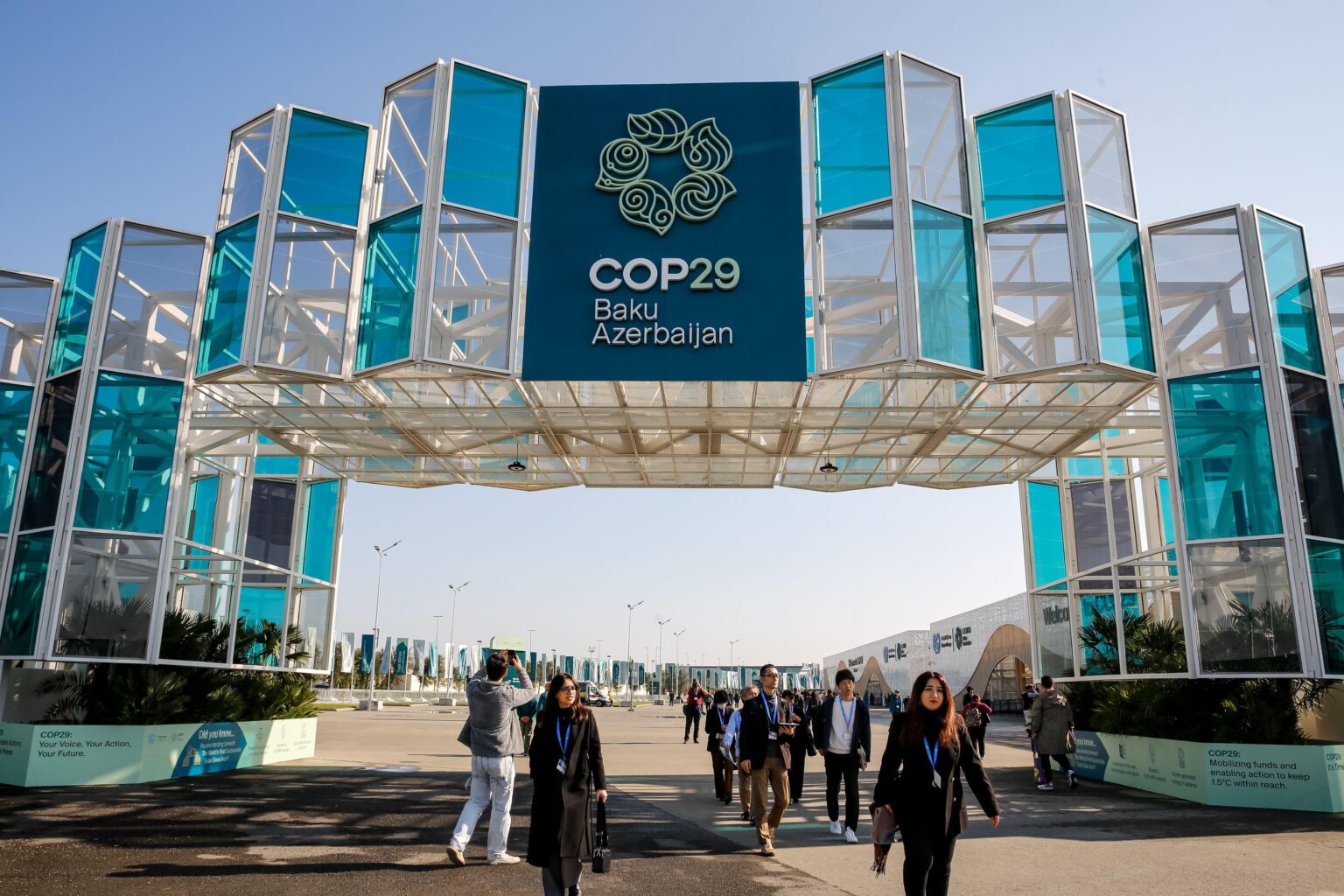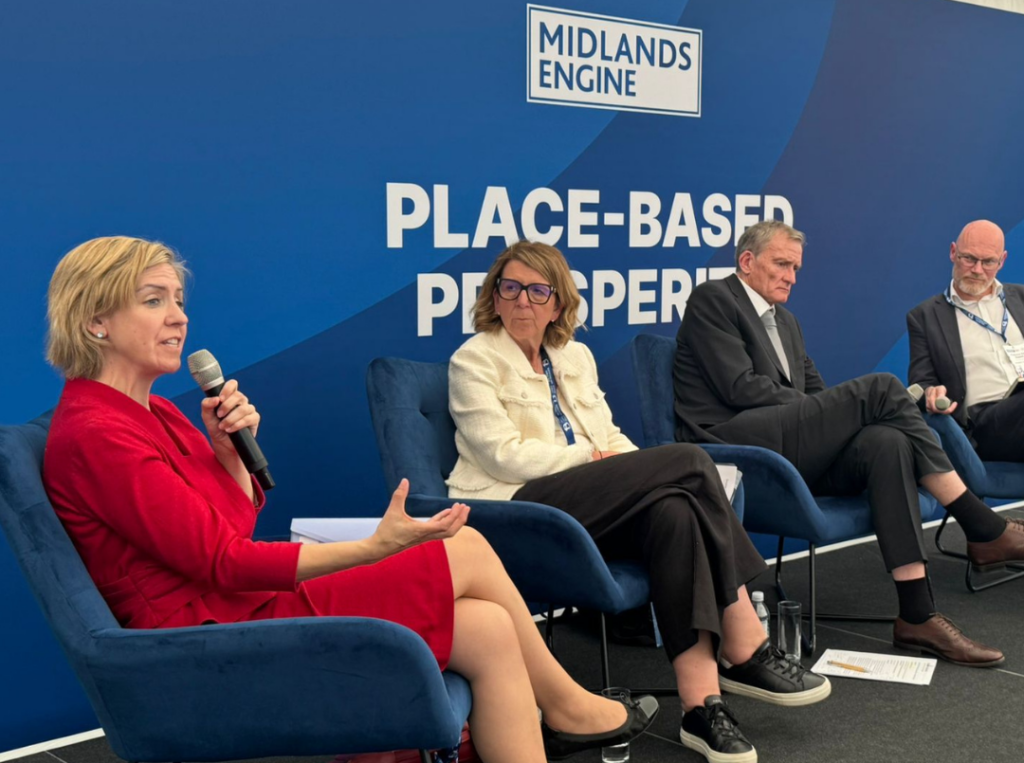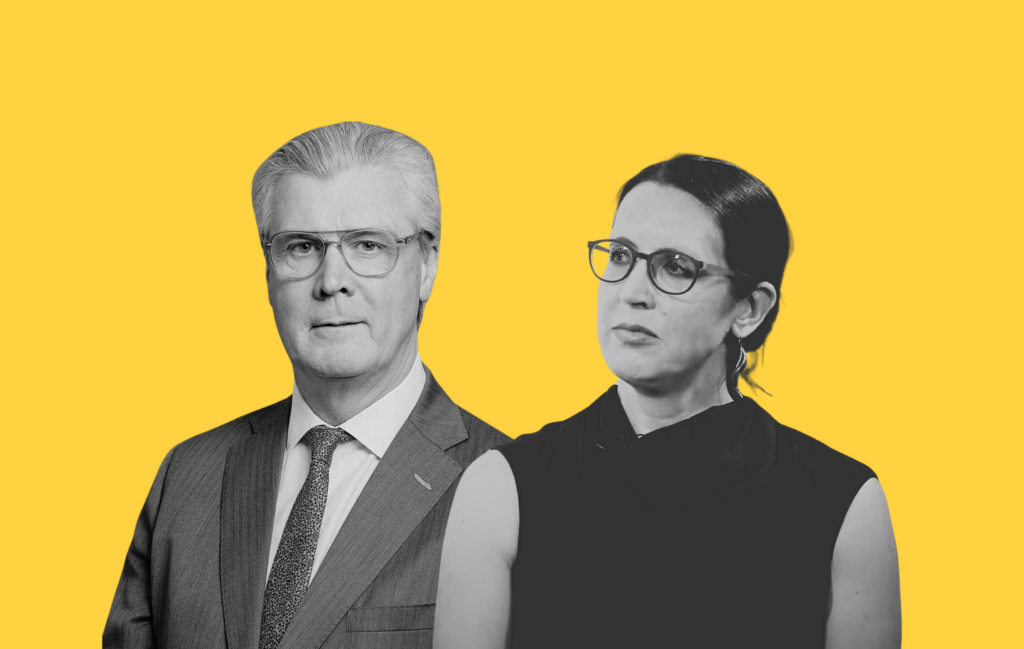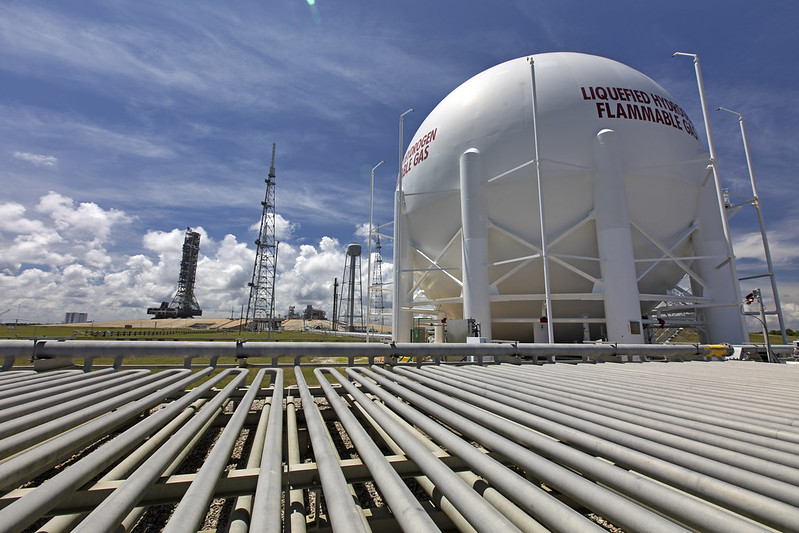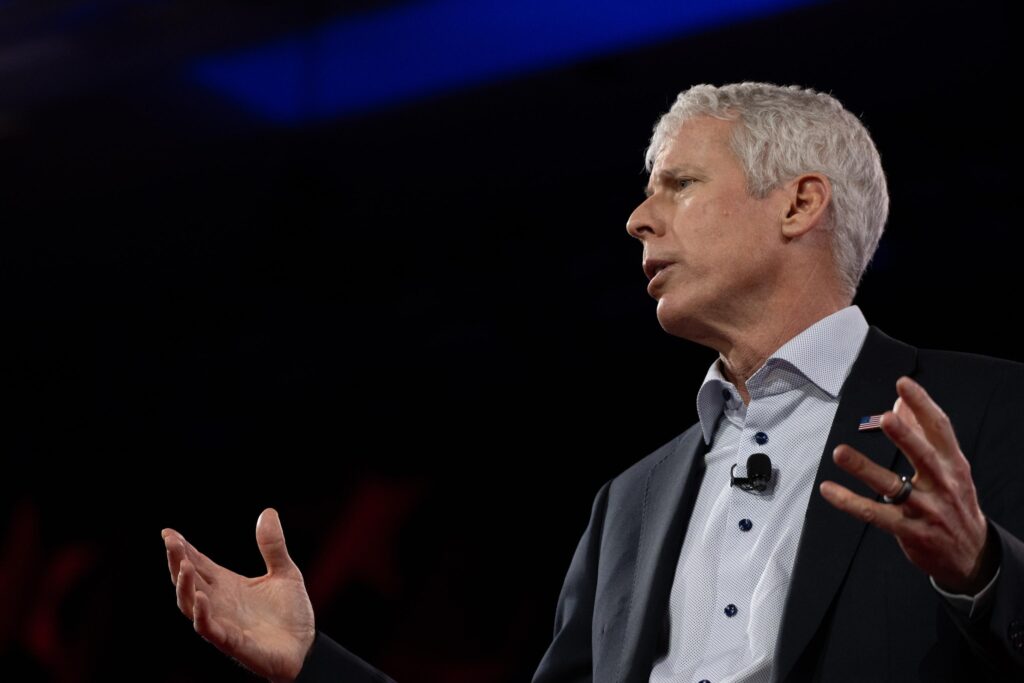This investigation has been translated into Portuguese. You can read it on DeSmog here
BAKU – Hundreds of lobbyists for industrial agriculture have shown up at the COP29 climate summit in Baku, Azerbaijan, new analysis shows.
This year representatives are back from some of the world’s largest agribusiness companies – such as Brazilian meatpacker JBS, animal pharmaceuticals company Elanco, and food giant PepsiCo – as well as powerful trade groups representing the food sector.
Overall, 204 agriculture delegates have accessed the talks this year, analysis by DeSmog and The Guardian reveals. While the total number has dropped compared to the record highs at COP28, the figures show that climate COPs continue to be a top priority for businesses working in agriculture, a sector that accounts for up to one-third of global greenhouse gas emissions.
Subscribe to our newsletter
Stay up to date with DeSmog news and alerts
Food sector lobbyists remain highly influential, travelling to Baku as part of country delegations from Brazil, Russia and Australia, among others. This year, nearly 40 percent of delegates travelled to the summit with country badges – which lent them privileged access to diplomatic negotiations, up from 30 percent at COP28, and just five percent at COP27.
Delegates from the meat and dairy sector sent 52 delegates to the summit this year, with 20 travelling in with Brazil’s government, the analysis found. Together they outnumbered the delegation of the Caribbean island of Barbados, which in July was devastated by Hurricane Beryl, a disaster linked to climate change.
In the last three years, industrial agriculture giants have shown up in increasing numbers at COPs – and with sophisticated messaging plans to win over decision-makers. Meat and dairy producers in particular are coming under increasing scrutiny due to increasing pollution from cattle and sheep, which emit around a third of the global output of methane. Farming also drives deforestation and relies on synthetic fertilisers that are both fossil-fuel-based and emit greenhouse gases.
But while multiple studies and peer-reviewed science points to the need for a drastic drop in meat and dairy herds, and a shift to healthier, sustainable food as the surefire route to cut emissions, the agribusiness industry lobbies hard against tougher environmental regulations and dietary change, in the EU, U.S. and at climate summits.
An Lambrechts, a senior campaign strategist from Greenpeace International, said there was a clear “conflict of interest” between big agriculture’s presence at the UN talks, and the need for climate action.
“We see the same problem with the fossil fuel industry, and how they act to drive the world away from the scope of actions and solutions that are needed to fight climate change and address its impacts,” she argued.
Wanun Permpibul, from Climate Watch Thailand, told DeSmog: “When Big Agriculture dominates the discussion, the voices of frontline communities – especially smallholder farmers, Indigenous peoples, women, and local food producers – are systematically excluded.
“Yet these are the people who have been living in harmony with nature for generations, using traditional knowledge to manage ecosystems, preserve biodiversity, and sustain local food systems.”
Big Emitters
Delegates from agribusiness join over 66,000 participants at this year’s summit, which is being held in the Olympic Stadium in Azerbaijan’s capital, Baku. Overall numbers of attendees have dropped by 25 percent since COP28 – and also include over 1,700 delegates linked to fossil fuel industries.
Those present on the ground from agriculture include the world’s largest meat company, JBS, which sent three delegates to Baku. Other major food companies at COP29 include the largest global food company, Nestlé, and the world’s second largest pesticides company, Bayer, which brought 10 employees.
In 2022, JBS reported emitting 156 million tonnes of greenhouse gases, more than the annual emissions of the Netherlands or Ukraine. The company is currently facing a U.S. lawsuit over “fake sustainability claims” and a “misleading” net zero strategy. JBS was contacted for comment.
Last year the company pledged to attend COP28 in force, turning out 11 delegates to the summit as part of a co-ordinated PR push by the meat industry to counter its critics. As recently as August 2024, the company was linked by Global Witness to deforestation in the Pará region of Brazil. (In response, JBS said that the opaque nature of the cattle supply chain meant it was “unable to conduct a proper analysis of the farms mentioned” and shared its efforts to improve identification of animals.)
Kelly Dent, global director of external engagement at World Animal Protection said: “To witness present at COP29 JBS lobbyists, the world’s largest meat producer and a major culprit in Amazon deforestation, should be of great concern to all.”
Nestlé – which accessed the talks through the delegation of Switzerland – has emissions three times larger than those of its country host. It is also a member of lobby groups that have pushed back against environmental action, such as the European Dairy Association (EDA), also on the ground in Baku, which has tried to delay efforts in the EU to introduce tighter restrictions on methane emissions.
Commenting on its membership of the European Dairy Association, Nestlé said: “We advocate for Paris Agreement-aligned lobbying in the trade associations and other types of private sector-led coalitions where Nestlé is a member at global, regional and local levels.”
With reference to its presence at the summit, Nestlé said: “reaching net zero needs effective engagement and contributions from real economy actors, and we believe our role is critical in helping achieve effective outcomes.”
The European Dairy Association told DeSmog it was at COP29 to take part in two side events on the theme of animal health and on the need for “more innovation” in the sector. “The EDA is working to address climate change and implement the best sustainability practices in the dairy supply chain,” the spokesperson told DeSmog.
Two powerful pesticide companies, Bayer and Syngenta, which have also lobbied against green reforms, also came to Baku, as part of the country delegation of Brazil.
A spokesperson from Bayer told DeSmog: “An integral part of our business strategy is to make agriculture more sustainable and resilient” and that “it is key to embrace innovation” to achieve climate, biodiversity goals. They added: “Lobbying is an essential part of the democratic process which is practised by industry just as well as by other organisations such as NGOs.”
Spotlight on Brazil
Brazil, the host of next year’s climate summit, was a major funnel for agri-giants this year, sparking concerns over the sway agribusiness may have over COP30 in the Amazon city of Belém, which many see as an opportunity for ambitious food systems reform.
The Brazilian government brought in 35 agriculture lobbyists – the highest of any country – including more than 20 representatives of meat companies JBS, BRF and Marfrig, as well as powerful industry groups such as the Association of Brazilian Beef Exporters (ABIEC).
Russia followed with 13 delegates from the fertiliser industry. Synthetic fertilisers are the leading driver of nitrous dioxide emissions, a greenhouse gas 200 times more powerful than carbon dioxide which is rising at unprecedented levels in the atmosphere.
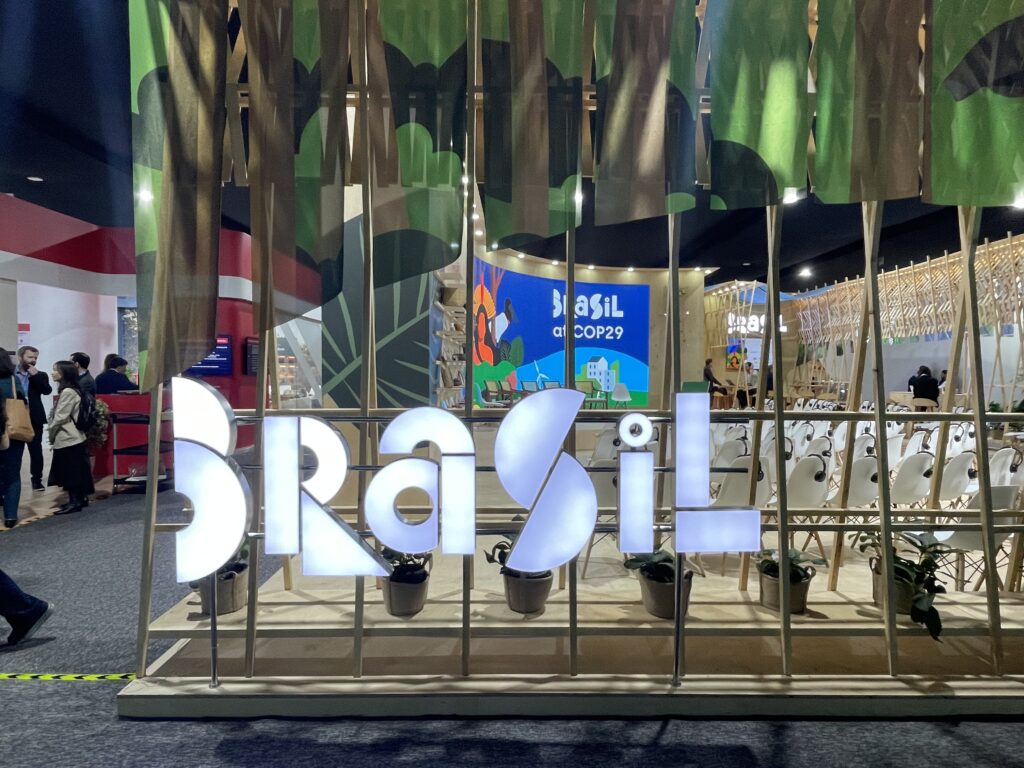
Australia was next in line with five representatives of the National Farmers Federation which has publicly opposed measures to curb methane from animal agriculture.
Thai activist Permpibul was concerned by DeSmog’s findings. “By bringing in a large contingent of lobbyists from Big Agriculture, Brazil is sending a message that protecting corporate interests takes precedence over addressing the climate crisis,” she said.
“The presence of these lobbyists raises serious concerns about whether the upcoming COP will prioritise real, community-led solutions or continue to push for market-based “fixes” that do little to address the root causes of climate change.”
Pushing ‘False Solutions’
Many agribusiness delegates who attend climate summits are booked to speak on panels and hold events where they can promote their key messages to policymakers and the public.
At these side events at COP29, industry leaders from meat, dairy, pesticides and fertilizer companies present wide-ranging technical solutions to bring down the sector’s emissions, in the face of authoritative studies that state efficiency measures will only ever be able to reduce a small portion agricultural emissions, and must be accompanied by demand-side policy-led reductions, such as consuming less meat in rich nations.
On Friday 15 November at COP29, Krysta Harden, the president of the trade group US Dairy Export Council, made the case for technological fixes to improve efficiency of dairy operations. These included feed additives to bring down methane in cow burps and “biogas digesters” to capture methane from lagoons of liquid manure, which Harden said would help the sector achieve “climate neutrality”. Both technologies have drawn criticism for being respectively, limited in scope and unproven at scale, and polluting.
Others in attendance at the event – including the president of pesticide lobby group Croplife Brazil, Eduardo Leao de Sousa, argued for the “sustainable intensification” of agriculture, a term which runs counter to alternative, lower-impact approaches known as “agroecology”, Instead, it points to “new pesticides, bio-inputs and biotechnology” to address sustainability, and ways to apply agri-chemicals more efficiently.
Pesticides and fertilisers – much of which are used to support the growth of crops for industrial animal agriculture – are often derived from fossil fuels and have had major negative impacts on biodiversity, soil and water health.
Arnold Padilla, deputy executive director of Pesticide Action Network Asia Pacific, accused big agriculture of promoting “false solutions’ designed to sustain and expand harmful farming practices, unlike “small farming communities that champion sustainable practices that avoid climate-harming chemicals and protect biodiversity.”
“These are the real solutions that are essential for cutting greenhouse gas emissions and tackling the climate crisis,” he said.
Fundamental Reforms
DeSmog’s analysis follows growing concerns at the outsized access corporate lobbyists have to climate summits, which has promoted calls for widespread reforms.
Earlier this month, DeSmog also recorded a large jump in lobbyists from big food companies attending the UN biodiversity talks, which ended without a strong deal for nature on 2 November.
On Friday 15 November, COP veterans and leading diplomats argued that the COPs were no longer “fit for purpose”. Food systems experts have also called for reforms.
Teresa Anderson from development non-profit ActionAid told DeSmog she felt COPs were too swayed in favour of corporate interests.
“Big Agribusiness has all the money to spend on flying, wining and dining, unlike the smallholder agroecological farmers who are busy doing the actual work of feeding communities and protecting the climate,” said Anderson, who is the charity’s global lead for climate justice. “What ends up happening is that the real answers to the climate crisis aren’t being heard over the corporate cacophony.”
Padilla of Pesticide Action Network East Asia agreed that small farmers and food producers “face significant barriers to accessing global platforms” where high costs limit participation.
“This marginalisation is further intensified as space shrinks within the climate COP for movements and civil society voices, which champion the rights and demands of small farmers and rural communities,” Padilla said.
Kelly Dent from World Animal Protection said there needed to be fundamental changes to the COP process.
“The significant presence of lobbyists impedes the prospect of meaningful transformations in our food and agricultural systems. This devalues COPs and puts their very raison d’etre at grave risk,” she said.
“A more robust governance and transparency framework at the UNFCCC is urgently needed to mitigate conflicts of interest and safeguard the integrity of climate negotiations.”
Additional reporting by Clare Carlile. Additional research by Brigitte Wear. Editing by Hazel Healy.
Methodology Note
DeSmog analysed the provisional list of COP29 delegates, which includes over 66,000 entries. The list was analysed for the largest corporations in major food sectors – meat and dairy, pesticide and fertiliser firms, food processors, commodity and seed traders, and grocery retail – which wield significant control in a highly concentrated food chain, and account for the majority of trade.
In addition, DeSmog also included global and regional industry trade groups, some of which brought their own delegations to Baku, along with national farmer unions and institutes that have corporate affiliations and/or a history of lobbying aligned with industry demands.
Subscribe to our newsletter
Stay up to date with DeSmog news and alerts


